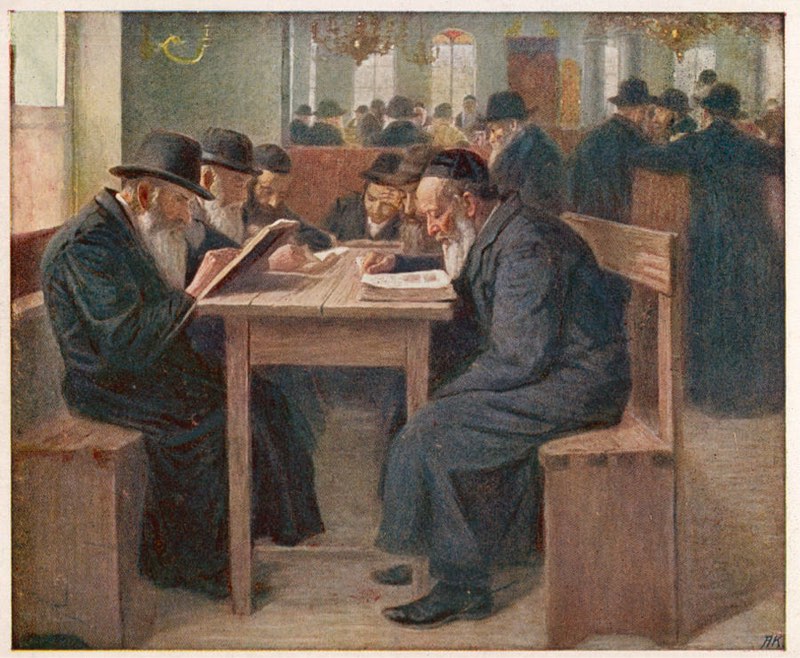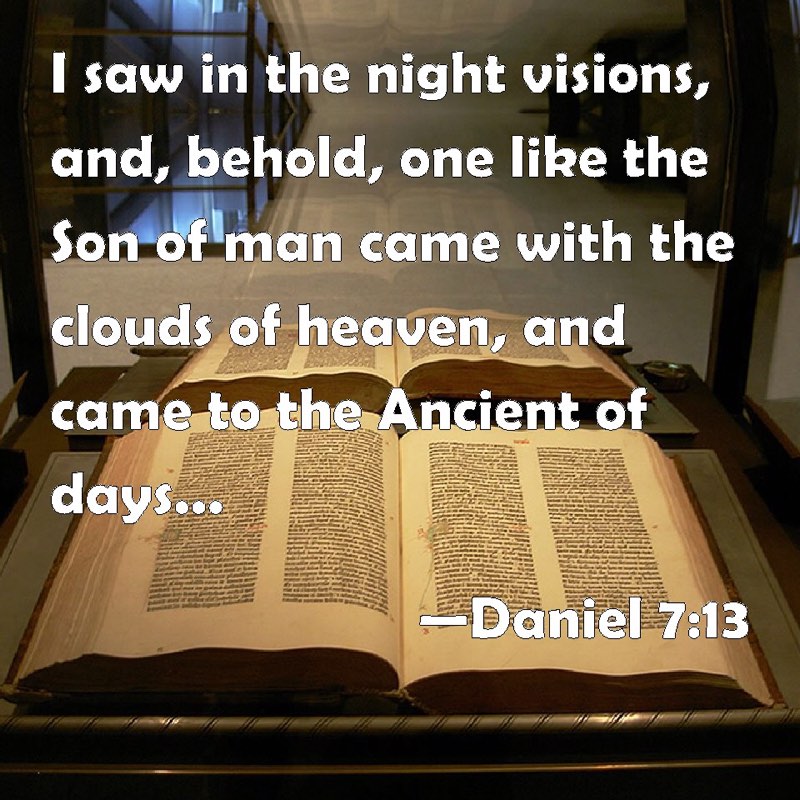What is the discussion among scholars regarding the term "son of man" in Daniel 7? One could potentially argue that Jesus utilized the term "son of man" in reference to someone other than himself.
The term "Son of Man" in Daniel 7:13-14 has been the subject of extensive scholarly debate, with interpretations varying across different religious and academic perspectives. Here are some key points from the discussion:
Historical and Textual Context
Daniel 7:13-14 describes a vision where "one like a son of man" comes with the clouds of heaven and is presented before the Ancient of Days (God). This figure is given authority, glory, and sovereign power, and his dominion is everlasting.
Interpretations of the "Son of Man
1. Human Figure vs. Beasts:
The phrase "one like a son of man" is often understood as a Semitic idiom meaning "a human being" in contrast to the beastly figures representing empires earlier in the chapter. This interpretation emphasizes the humanity of the figure.
Some scholars argue that the "Son of Man" represents a messianic figure who will rule an eternal kingdom.
2. Messianic Expectations:
In Jewish apocalyptic literature, such as 1 Enoch and 4 Ezra, the "Son of Man" evolves into a messianic title, referring to a heavenly figure who will execute judgment and establish God's kingdom.
Early Christian interpretation, particularly in the Gospels, identifies Jesus with this "Son of Man" figure, seeing his life, death, resurrection, and ascension as fulfilling the vision in Daniel.
3. Symbolic Representation:
Some scholars argue that the "Son of Man" in Daniel is not an individual messiah but symbolically represents the faithful community of Israel, who remain loyal to God despite persecution. This interpretation sees the figure as embodying the collective suffering and eventual vindication of the Jewish people.
Jesus and the "Son of Man"
Jesus' Use of the Term:
Jesus frequently referred to himself as the "Son of Man" in the Gospels, which has led to various interpretations of his self-understanding and mission.
Some scholars, like Bart Ehrman, argue that Jesus used "Son of Man" to refer to a future eschatological judge distinct from himself, who would come to establish God's kingdom. This view suggests that Jesus saw himself as a prophet announcing the coming of this figure.
Others contend that Jesus used the term to highlight both his humanity and his messianic role, aligning himself with the divine authority and eternal dominion described in Daniel.
Alternative Views
Non-Christian Perspectives:
Different religious traditions have their interpretations of the "Son of Man" in Daniel. For instance, some Muslims believe the figure refers to Muhammad, while others might see it as another prophetic figure.
The term's ambiguity ("one like a son of man") allows for various interpretations, which can be shaped by theological and cultural contexts.
Conclusion
The term "Son of Man" in Daniel 7 remains a complex and multi-faceted concept within biblical scholarship. It can be seen as a human figure, a messianic title, or a symbolic representation of faithful Israel. Jesus' use of the term adds another layer of complexity, with interpretations ranging from him identifying himself as this figure to him referring to a future eschatological judge. The diversity of views highlights the rich and varied traditions of interpretation surrounding this enigmatic phrase.



